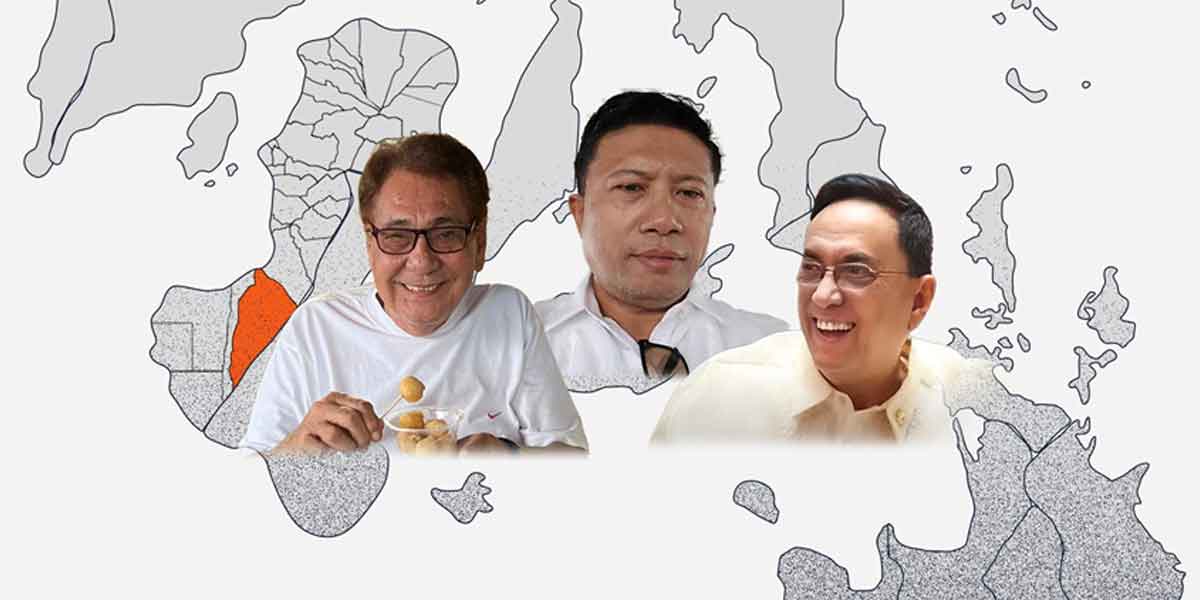Smarter infrastructure, regional equity, innovation, and climate change are the National Economic and Development Authority’s (NEDA) top priorities to improve productivity over the medium term, according to Socioeconomic Planning Secretary Karl Kendrick Chua.
In his presentation in the economic briefing and general membership meeting of the Management Association of the Philippines (MAP) on Thursday, Chua discussed the administration’s ten-point policy agenda to accelerate and sustain the country’s economic recovery in 2022 and onwards. Aside from this, he also highlighted preparations to strengthen the foundations for four important priorities which he hopes the next administration will continue.
“We have built a lot of infrastructure, but they can be smarter, more connected, more in line with urban planning and urbanization, and with networks that improve the travel experience of people. So, in the coming months, NEDA will propose a policy that will promote a more coordinated master planning,” he said.
Chua also noted the importance of regional equity when it comes to project distribution and the need for an equitable budget allocation for infrastructure based on a more objective assessment.
“While we have many projects, there is a lot of [spatial] inequity. There are regions and provinces that badly need projects—whether it be telecommunications or water sanitation—but hardly get it. We need to create a single unique project ID for all projects whether they emanate from the national government, the Regional Development Council, or the local government, so we can monitor projects from identification to completion to evaluation,” the NEDA chief said.
Chua also cited the crucial role of innovation in allowing the country to sustain its growth towards the new stages of development.
“We have the Philippine Innovation Act which is crucial to our bid of becoming an upper-middle income country by the end of 2022, and to graduate to high-income country status in one generation. Furthermore, human capital development and innovation must not only focus on high technology, but also on basic sectors such as agriculture and fisheries that serve as the country’s engine for growth,” he said.
Lastly, the NEDA chief underscored the importance of climate change adaptation and mitigation at the core of development planning. He called on agencies to work together and formulate sectoral policies that will be fully supportive of this goal.
“Our recent economic indicators show that the Philippines is on track to achieving an upper-middle income country status in 2022. NEDA proposes these top priorities form the foundation for the next administration so that we can further accelerate and sustain growth after we address the threats posed by the COVID-19 pandemic,” he said.






















